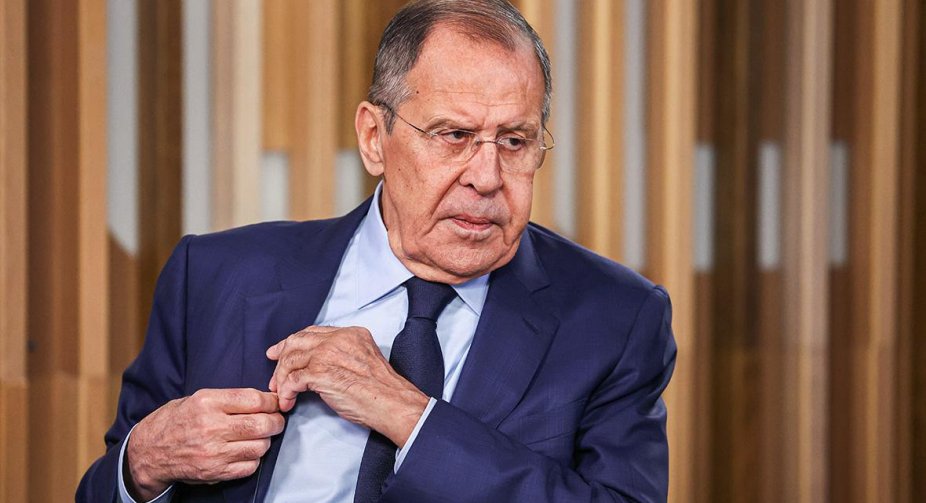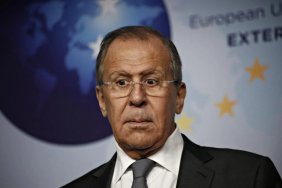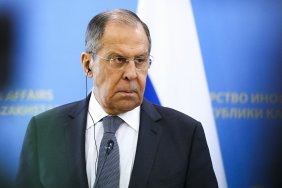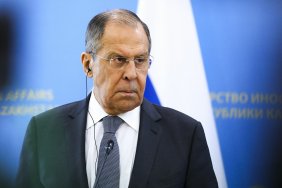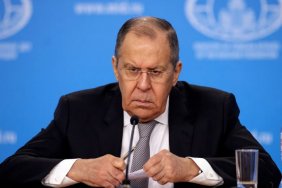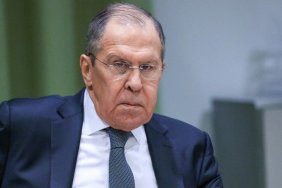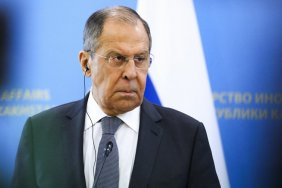In an interview with the Russian news agency Tass, Foreign Minister Sergey Lavrov discussed Moscow's relations with Yerevan and expressed concern over the Armenian government's shift in foreign policy.
"Regrettably, official Yerevan, influenced by Western promises, is attempting to alter its foreign policy direction. It is forsaking the longstanding alliance with Moscow in favor of vague assurances from the West. In justifying this strategic shift, they attempt to attribute all the troubles in the republic, including the loss of Nagorno-Karabakh, to Russia. While we have publicly addressed Russia's concerns multiple times, enumerating the unfriendly steps taken by the Armenian government is unnecessary at this point," Lavrov claimned, emphasizing that Armenia remains a “strategic partner” for Russia in the South Caucasus, and he believes that current challenges were temporary.
"Armenia is currently grappling with various challenges, and Western players have proven ineffective in addressing them. Unlike Russia, the US and the European Union are not working towards peace and stability in the republic and the broader South Caucasus. Their objective is quite different – to antagonize Moscow and other regional players, creating a new center of tension after the Balkans, the Middle East, and Ukraine. The solution to the current situation is straightforward – the implementation of the Yerevan-Baku-Moscow tripartite agreement at the highest level," he said.
Lavrov dismissed discussions on the viability of the 102nd Russian military base in Armenia, emphasizing that the base, established by the agreement of March 16, 1995, plays a “crucial role” in ensuring regional security.
Addressing Armenia's cooperation with NATO, Lavrov expressed concern over Yerevan's increasing involvement in events organized by the alliance and its ongoing efforts to modernize weaponry in accordance with NATO standards. "This is a matter of concern for us. We have repeatedly cautioned our Armenian colleagues that NATO's true intention is to strengthen its influence in the region and create conditions for manipulation through the 'divide and conquer' strategy. I hope Yerevan is aware that deepening ties with the alliance could compromise sovereignty in the realm of national defense and security," Lavrov warned.
Following the Second Karabakh War between Armenia and Azerbaijan in 2020 and subsequent border clashes in the following years, relations between Russia and Armenia have cooled.
